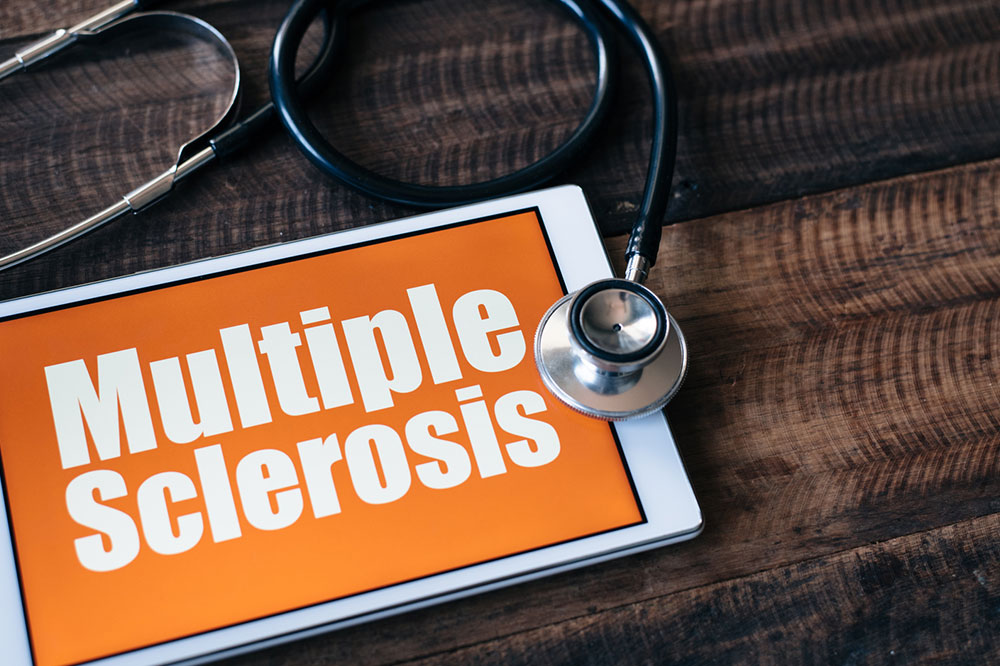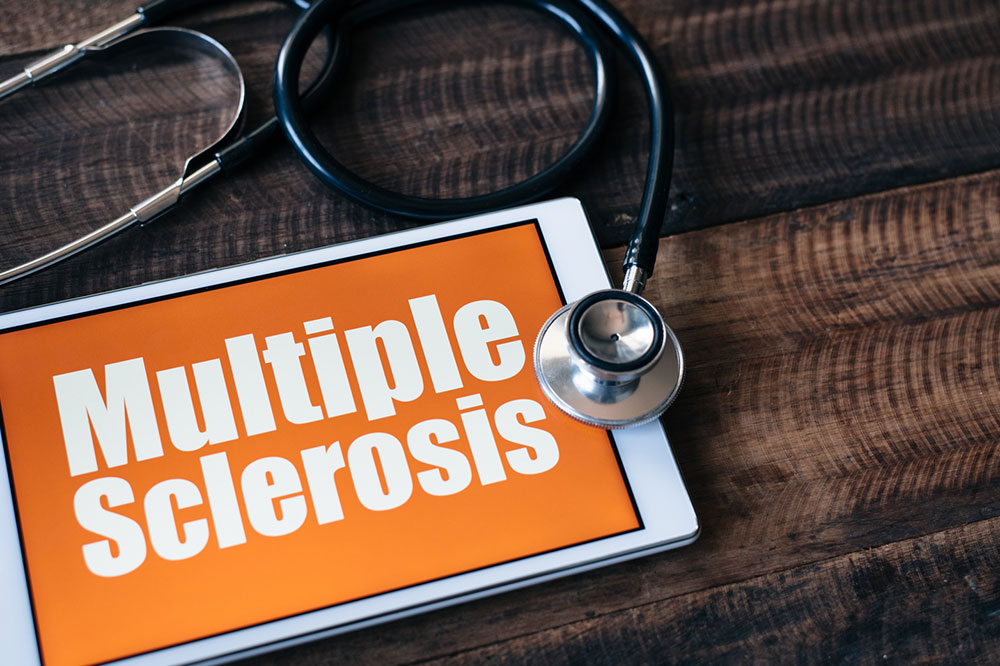Comprehensive Guide to Recognizing the Early Signs and Symptoms of Multiple Sclerosis
This comprehensive guide explores the early signs and symptoms of Multiple Sclerosis, emphasizing the importance of early detection for better management. It covers common neurological symptoms, diagnostic methods, and strategies for living with MS, helping individuals understand the disease and seek timely medical care to improve their quality of life.

Understanding the Key Indicators of Multiple Sclerosis (MS)
Multiple Sclerosis (MS) is a complex and often unpredictable autoimmune disorder that primarily affects the central nervous system, which includes the brain and spinal cord. In this condition, the body's immune system mistakenly targets and damages the myelin sheath—the protective covering surrounding nerve fibers. This damage hampers electrical communication between the brain and other parts of the body, leading to a wide array of neurological symptoms. While the exact cause of MS remains unidentified, genetic predisposition and environmental factors are believed to play significant roles in its development.
MS is characterized by episodes of neurological dysfunction, often referred to as relapses or flare-ups, followed by periods of remission. However, over time, some individuals may experience progressive worsening of symptoms. The severity and variability of symptoms mean that MS can be challenging to diagnose early, but recognizing initial signs is crucial for timely intervention and disease management.
Major Symptoms of Multiple Sclerosis
The clinical presentation of MS varies considerably among patients, depending on which nerves are affected and the extent of nerve damage. Some may initially experience mild symptoms that resolve quickly, while others may face more severe, persistent issues. Common symptoms include:
Visual disturbances: Blurred vision, double vision, or partial loss of vision, often in one eye, caused by inflammation of the optic nerve (optic neuritis).
Muscle weakness and spasms: Fatigue, weak muscles, or involuntary spasms, often affecting the legs and arms.
Balance and coordination problems: Dizziness, difficulty walking, tremors, or a sense of imbalance, which can lead to falls.
Sensory disturbances: Numbness, tingling sensations, or a ‘pins and needles’ feeling, particularly in the limbs or face.
Bladder and bowel issues: Urgency, incontinence, or retention, requiring medical assessment and management.
Cognitive and emotional changes: Memory issues, difficulty concentrating, depression, or mood swings.
Fatigue: A pervasive sense of exhaustion that doesn’t improve with rest, severely impacting daily activities.
Sexual dysfunction: Reduced libido or physical difficulties related to sexual activity.
Other neurological symptoms: Shock-like sensations, particularly when moving the neck (Lhermitte’s sign), and speech or swallowing difficulties in advanced cases.
The Importance of Early Detection
Early recognition of the signs of MS is essential for preventing significant neurological damage and improving long-term outcomes. Many symptoms are subtle initially and may be mistaken for other conditions, which makes awareness vital. If you or someone you know experiences sudden vision changes, unexplained numbness, persistent fatigue, or coordination issues, seeking prompt medical attention can facilitate early diagnosis and intervention.
Diagnostic tools such as MRI scans, lumbar puncture, and neurological examinations help confirm MS and classify its type—whether relapsing-remitting, primary progressive, or secondary progressive. Once diagnosed, treatment options—including disease-modifying therapies, symptom management, and lifestyle adjustments—can be tailored to slow disease progression and improve quality of life.
Living with MS and Managing Symptoms
While there is currently no cure for MS, advances in treatment have significantly improved patient outcomes. Managing symptoms effectively involves pharmacological interventions, physical therapy, psychological support, and lifestyle modifications. Maintaining a healthy diet, regular exercise, sufficient rest, and mental health care can improve overall well-being. Support groups and counseling also play a crucial role in helping patients navigate the challenges of living with a chronic neurological disease.
In summary, understanding the key signs and symptoms of MS allows for early diagnosis, better management, and improved quality of life. Recognizing issues such as visual disturbances, fatigue, muscle spasms, bladder problems, and cognitive changes can prompt timely medical consultation, ultimately helping to slow disease progression and preserve neurological function for as long as possible.





